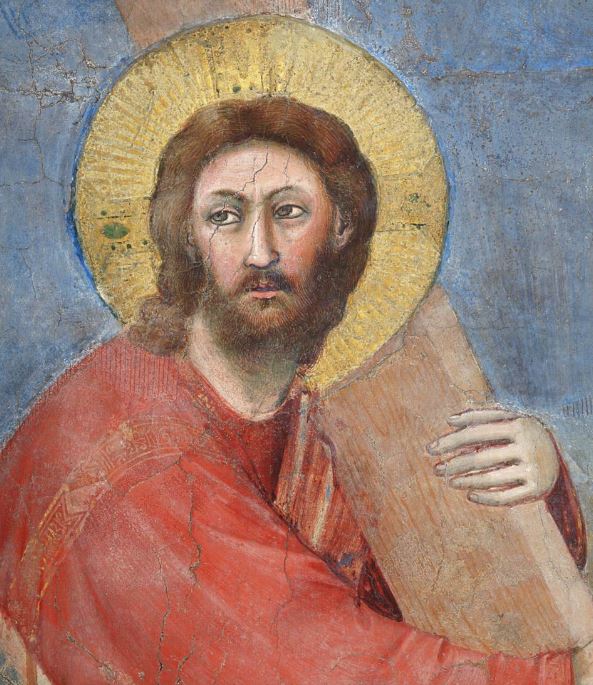A System Is What It Does: On Cardinal McElroy’s Appointment, by Darrick Taylor

Saint of the Day for January 9: St. Adrian of Canterbury
January 9, 2025
There Is So Much We Can—and Do—Know About Jesus, Mary, and Miracles, by Jerry Salyer
January 9, 2025
Cardinal McElroy. No attribution found.
By Darrick Taylor, Crisis Magazine, Jan. 9, 2025
Darrick Taylor earned his PhD in History from the University of Kansas. He lives in Central Florida and teaches at Santa Fe College in Gainesville, FL. He also produces a podcast, Controversies in Church History, dealing with controversial episodes in the history of the Catholic Church.


 A few years ago, I did a deep dive on my Church History podcast on the Council of Trent, the great reform council that responded to the Protestant Reformation in the 16th century. Trained as an academic historian, I often come to historical questions thinking in terms of processes rather than events, of impersonal influences rather than the actions of individual men. On reading through some of the literature on Trent, one question occupied my mind: How did the Church recover from both the Protestant attack and the corruption that in part gave rise to it? What formula, what set of ideas, what long-term forces enabled the Church to succeed? (Aside from God’s divine protection, of course.) …
A few years ago, I did a deep dive on my Church History podcast on the Council of Trent, the great reform council that responded to the Protestant Reformation in the 16th century. Trained as an academic historian, I often come to historical questions thinking in terms of processes rather than events, of impersonal influences rather than the actions of individual men. On reading through some of the literature on Trent, one question occupied my mind: How did the Church recover from both the Protestant attack and the corruption that in part gave rise to it? What formula, what set of ideas, what long-term forces enabled the Church to succeed? (Aside from God’s divine protection, of course.) …

